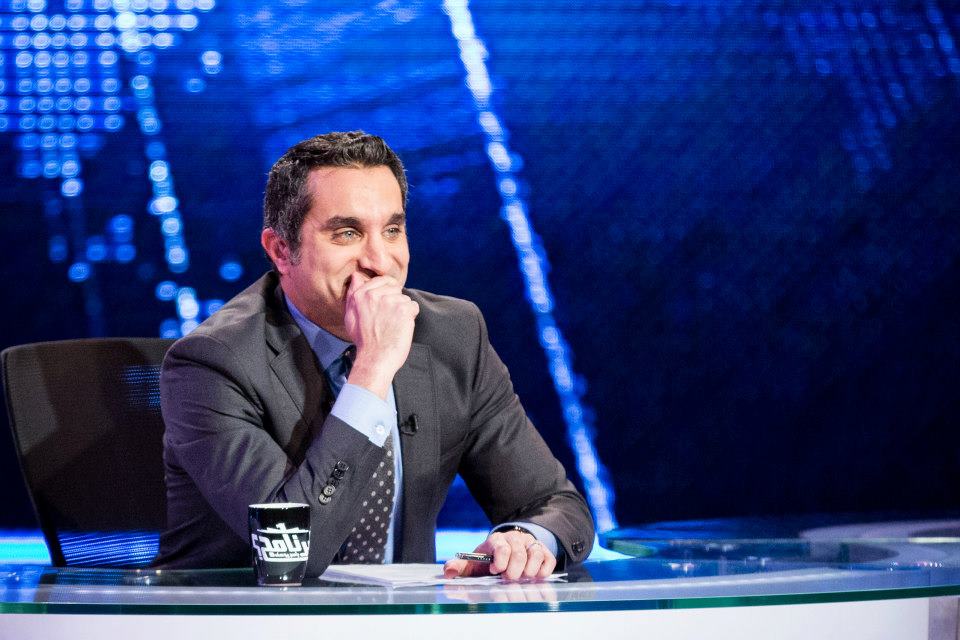
(Public Domain Photo)
Comedian and satirist Bassem Youssef’s most recent episode of Al Bernameg angered a number of Qatari investors and businessmen, particularly those working with the Egypt Qatar Business Council (EQBC) who expressed their discontent with “the show’s assertion that Qatar was attempting to assert control over Egypt’s economic resources.”
Singing in a style reminiscent of the “The Greatest Homeland”, Arab nationalist song from the 1960s, Youssef described how the notion of Pan-Arab nationalism espoused by Gamal Abd Al-Nasser after the 1952 July revolution, had been transformed from an ideology which sought to provide support to Arab liberation movements standing up to western hegemony in the region, to an attempt by Qatar to use its wealth to take advantage of Egypt’s poor economic climate to assert its dominance over the country.
The episode aired as Hesham Ramez, the president of Egypt’s Central bank, flew to the Qatari capital of Doha on Saturday to meet with a number of the country’s financial and banking officials, at the same time as Ali Bin Fahad, aid to the Qatari foreign minister, arrived in Cairo to take part in a two-day trip to meet with Egyptian economic experts to discuss ways to increase cooperation between the two countries.
Members of the EQBC expressed their anger over the episode, claiming that it would have a negative effect on relations between the two countries.
The language and rhetoric used by Qatari officials to discuss economic aid packages being provided to Egypt has changed as of late, as Yousef Kamel, Qatar’s Finance Minister, said on 10 March that he did not expect that the kingdom would continue to provide Egypt with additional aid during the present period.
Qatar has so far given $5bn in aid to Egypt since the outbreak of the 25 January Revolution, $4bn of which came in the form of deposits made into Egypt’s Central Bank. The emirate also announced that it would pump $18bn in additional investments into Egypt’s economy.
Mahram Helal, president of the Board of Directors for the EQBC, criticised the way Egypt’s media has taken up and discussed the issues related to Qatari aid, saying that the indifference through which such aid has been received by a number of media personalities in the country, has the potential to undermine current and future efforts being made to pump additional investment into the country.
He added that Egypt is currently in dire need of such aid, which Qatar has so far been willing to provide at a time when other countries in the region have turned their back to Egypt.
He further stated that the methods used by Egypt’s media to address such aid could jeopardise future investment measures.
Adel Rahuma, secretary general of the EQBC stated that “the systematic distortion and dramatisation of Qatar’s goals and objectives in Egypt as depicted by the country’s media, would have a negative effect on the economic relationship between the two countries”.
He added that satire was permissible when used to discuss relevant political issues, saying that he in fact agreed with much of what Bassem Youssef presents on his programme, adding, however, that restraint should be exercised when discussing issues of economic importance, as this was in the best interests of the country. He said that he expected to see a cooling in Qatari-Egyptian relations during the coming period.




